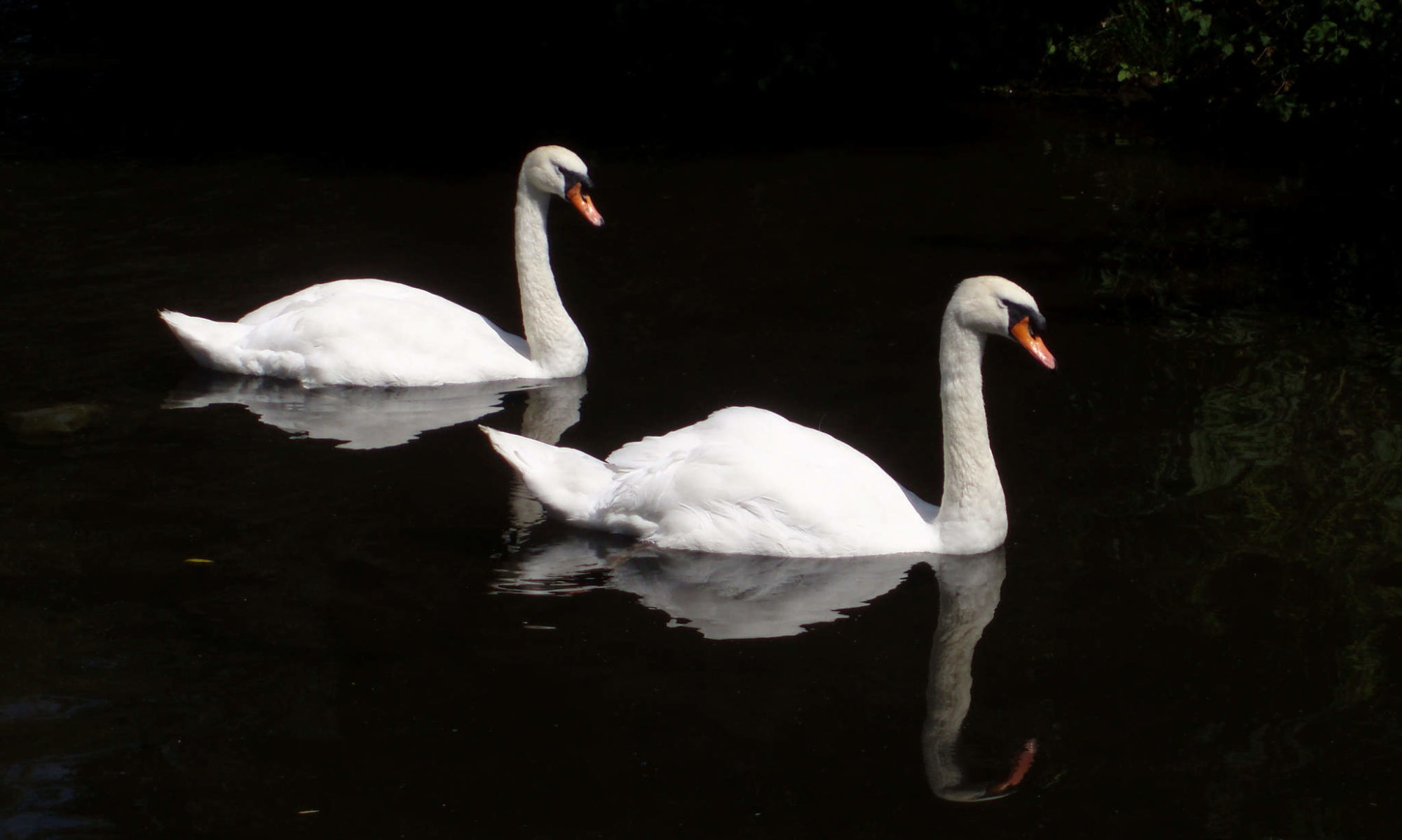In response to an increasing number of people arriving at Southwark Cathedral complaining of loneliness, the cathedral’s day chaplains asked Andrew Wilson to lead them in a group discussion on the problem. Here he shares his contribution to the meeting.
I based my contribution to the discussion around two books I had been reading in lockdown. By way of introduction I suggested that the experience of loneliness was universal, whether it be in the playground perhaps, or the workplace, or sadly even within the circle of family and friends. One commentator writes “ The experience of loneliness is as universal as hunger or thirst. Because It affects us more intimately we are less inclined to speak of it. But who has not known its gnawing ache?” Jesus himself shared in that anguish, as Gethsemane and Calvary lay bare. “Alone, and in silent tears,” he endured betrayal and stigma.
The two books I had read both explored the anatomy of loneliness. The one a novel long-listed for the Booker prize, Real Life by Brandon Taylor, a black, gay American writer, and the other The Shattering of Loneliness, by Dom Erik Varden, formerly the abbot of the Cistercian abbey of Saint Bernard in Leicestershire, and now returned to his native land, to become Bishop of Central Norway.
Of course this vulnerability and openness is costly and risky. Sometimes it seems too much of a risk, encouraging us to close in on ourselves. The loss of loved ones, betrayal in our relationships, abuse, can move us to distance ourselves, unable to bear more pain. For some it is historical and social stigma that forces that distance on us. Perhaps it is our gender, or race, or sexual orientation, or mental illness that in the eyes of others sets us beyond the pale. Poverty, mobility issues, deafness, or blindness, simply being a carer, with all the limitations and frustrations that entails, can exclude us from any sense of belonging. And now the pandemic lays isolation on us.
In his novel Brandon Taylor deals with the issues of solitude, sexuality and race. Wallace, the central character, is a black, gay biochemist, who builds a life-style based upon self-preservation. Reflecting on the racism he encounters in his university department, Wallace says to himself, “The most unfair part is that when you tell white people that something is racist they hold it up to the light, and try to discern if you are telling the truth. Racist or not. And they always trust their own judgement. They have a vested interest in underestimating racism, its amount, its intensity, its effects. They are the fox in the henhouse.” But Wallace chooses to keep schtum. Most people who suffer stigmatization will identify with that. One of his colleagues tries to get closer, and comes up against the wall that Wallace has constructed against intimacy, and self-disclosure.
When he does begin to open up to Miller, his friend, he is still kidding himself. “I have sealed it all behind me. Because when you go to another place you don’t have to carry the past with you. You have to keep going, if you’re going to survive.” ( In 12-step terms this is called ‘doing a geographical’.)
In denying his reality Wallace risks losing any sort of real relationship. Finally, after powerful tussles, the relationship between the two of them culminates in a moment of physical aggression. Miller and Wallace both face their own personal demons, their denial and fear. Somehow this struggle unites them, and they begin to lay bare their past, sometimes with terrifying honesty. Finally Wallace decides to stay in the present, and not to flee reality any more. After their explosive encounter Miller decides to cook supper for them both, and as they eat, unable to battle with words any more, Wallace begins to see possibilities and hope, and thinks to himself: “This could be my life. Eating fried fish together in the middle of the night. This could be life together, each moment shared, passed back and forth between each other to alleviate the pressure, the awful pressure of having to hold onto time for oneself. This is perhaps what life is, the sharing of the responsibility of anchoring oneself in the world. People can take hold of each others hands and hold as tight as they can, they hold on to each other, and to themselves, and when they let go, they can, because the other person will not.”
This novel sums up for me so much of what loneliness does to us. What is it that creates possibilities for hope, renewal and wholeness in those who struggle with loneliness? Sometimes is it simply the fact of being with an other, (not necessarily with our mouths full of fried fish!), even if we are lost for words, too exhausted to talk. Simply being present. We underestimate the depth of what we offer simply by being there.
Dom Erik looks at the spiritual journey that all of us must take towards human wholeness and fulfilment, and he hints at the raw materials we will need, and the stopping off places that we will encounter, as we become aware of our vulnerability and longing. To take that journey, and answering to that longing will asks of us a readiness to be open to others, and to God. In his meditations on the breaking down of isolation Dom Erik begins to look at the resources people of faith can access. He urges us to make a habit of reflection — remembering God’s mercy, and the longing it awakens in us. Our second remembrance is a realisation of our own vulnerability and limitations. He recalls the cry of God in Eden to fallen humanity. “Remember that you are but dust.” But Bishop Erik sees this not as judgement, or a curse, but as the way forward into hope, planting our feet firmly in reality, and on the ground.
This acknowledgment of our own vulnerability should awaken in us our need and our compassion for others. A remembrance of our own suffering and hardship should inform and strengthen our own resolve to help others. Dom Erik says that “if we are divested of illusions, we will be both fragile and free.” Realizing our own common humanity and shared messy history turns our faces outwards, to accept that we need others.
Dom Erik assures us that we are not left to our own limited devices. God will provide! Those two mindful memories of God’s mercy, and our humble self-acceptance will empower us as we serve as listeners and soul-friends to those come to our door. We journey together. For Dom Erik his monastic community is the ‘tent of meeting’, and our own local communities will strengthen us and equip us. We are called to construct an increasingly inclusive community, a nourishing community.
Dom Erik remembers being haunted his in his childhood with the notion that if we try believe and try hard enough we ought to be able to make everything better. He comes to realize that it is only by accepting our powerlessness that others can grow. Before an addict is able to reach out for help and change it may need them to arrive at the lowest point in their life; to the place where they have lost everything, damaged everything, and the road runs out. This is often described as a Gethsemane experience, the necessary fall before their spiritual awakening. Addiction is just one face of our common human longing for fulfilment. It is this ‘longing’ that in Dom Erik’s words “defines the human condition.”
Varden points out the realism of the scene at that table in the inn at Emmaus, so vividly painted by Caravaggio in a canvas that rests in the National Gallery. “Here the pilgrims are men of a certain age, dishevelled and fragile looking, hardly daring to believe the vindication contained in Christ’s assertive blessing.”
For me this encapsulates the work we are called to as people come to our groups and drop-ins—unsure, searching for some sort of meaning, connection, fellowship. Jesus’ guests at that table haven’t made the connections, but at least they have invited and entertained his company. For Dom Erik, and for us, this is enough. Whatever longing for love and connection has people arriving at our doors we believe it bears the marks of at least a half-forgotten memory that we might be loveable, even perhaps even made in the image and likeness of God. We dare to hope.

